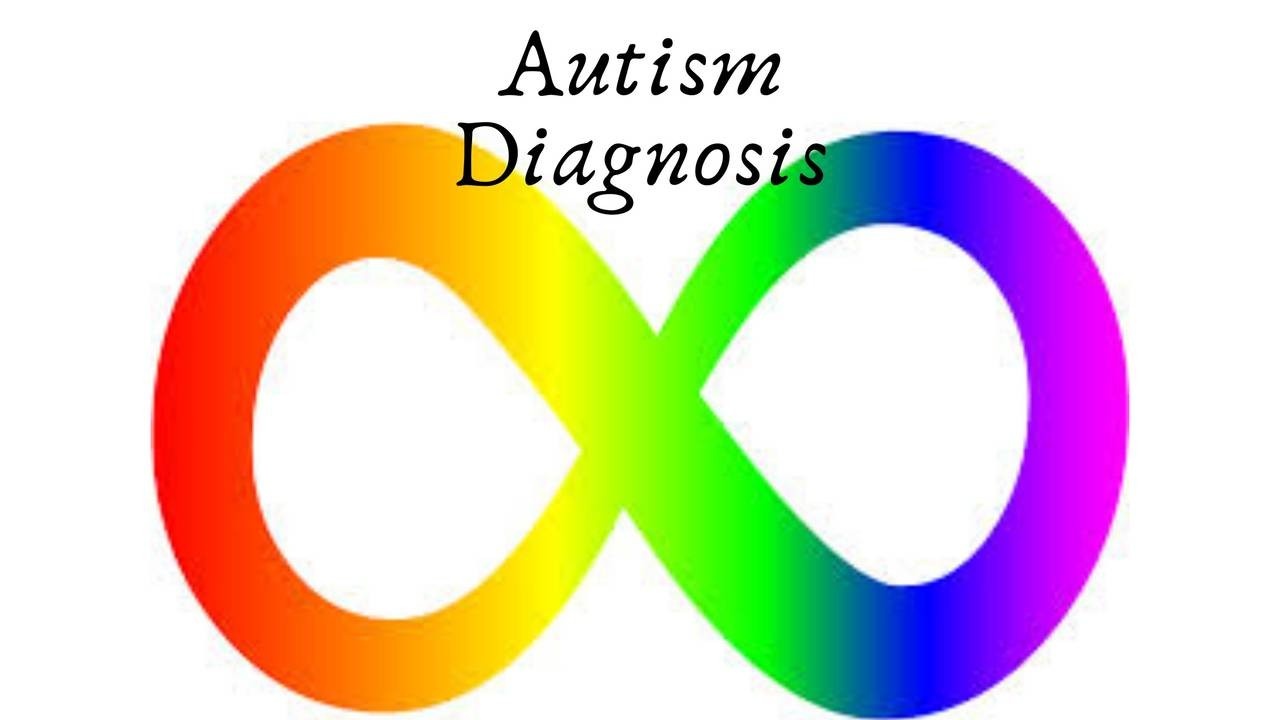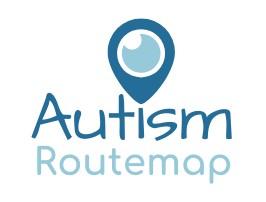5 Simple Ways to Demystify Emotions

Have you ever recognised someone but not been quite sure who they are? That sense of knowing but not knowing at the same time. The person looks familiar but you aren’t sure how or if you know them.
These impressions are like the way we experience our emotions. Especially the softer ones. Strong emotions are easier to detect but there are times when it’s hard to put your finger on what you are actually feeling.
This isn’t surprising when you consider the nature of emotions. Like our thoughts, they are neural messages which are not easily defined or understood. They can linger or be fleeting. They can layer or combine with each other to create different nuances.
Most of us can read internal physical states, like pain, hunger or thirst without difficulty. We don’t easily confuse these signals unless they are very mild.
Autistic children, do however, have more difficulty recognising their internal physical states1. This tends to disappear in adulthood but may explain why the emoti...
The salt and pepper approach to managing emotions

Salt and pepper, knives and forks, socks and shoes, hot chocolate, and marshmallows. There are some things which just go together … although the jury is still out on hot chocolate and marshmallows.
Each of these things has a unique function. If you run out of salt, you can’t improve the taste of food with extra pepper. Two knives don’t make for easy eating and an extra pair of socks won’t cut it if you’ve forgotten your shoes.
Synergy is defined by the Oxford dictionary as “the interaction or cooperation of two or more organisations, substances, or other agents to produce a combined effect greater than the sum of their separate effects.”
When it comes to our emotions, we are similarly equipped with two complimentary systems that work in a synergistic way.
On the one hand, we have neural pathways in a part of the brain known as the limbic system. These neural networks help us to make sense of our world. They underpin our emotional responses, memories and biological functions that ...
The truth about emotions that most people don’t know

If you’ve lived for a minute, you’ve probably seen the words “keep calm and carry on” written somewhere. That was the slogan put out by the British government to prepare people for World War 2. More recently, it makes for good marketing and you can find it’s cousin on just about anything from socks for woman in labour (“keep calm and push”) to mugs for stressed out teachers (“keep calm and pretend it’s on the lesson plan”).
I know the intention is good but actually, it’s terrible advice! As some wise soul said, “never in the history of calming down has anyone calmed down by being told to calm down”.
Staying calm is about keeping things under wraps. But emotions are unpredictable. They make us feel vulnerable. And in a heightened emotional state, we are prone to saying or doing things that we later regret. So, we resort to control.
Through our childhood years and beyond, we are very likely to hear messages like, “boys don’t cry”, “calm down”, “don’t worry”, “stop being angry”, “man...
5 tips for designing a life that works for you

Did you know that there are shops which sell products specifically for left-handed people? You can buy all sorts of things … from scissors to knives, peelers, tin openers, garden equipment and a host of other things that might take your fancy.
As the only right-handed person in my family, I get a tiny taste of what “lefties” experience every day. The kettle is always facing the wrong way and don’t get me started on the bread! Thank goodness for the sliced variety – it prevents the inevitable doorstop which results when a “rightie” cuts after a “leftie”.
“Design”, as Steve Jobs said when introducing the original iPhone, “is not just what it looks like and feels like. Design is how it works.”
We all have our own unique design which affects how we operate on a day-to-day basis. We gravitate towards things that match our design and steer away from things that don’t.
If you have a talent for music, it’s probable that you found your way into the school choir or band when you were youn...
Why does it take so long to get an autism diagnosis as an adult?

Jane* is an exceptionally talented person in the creative arts. We met this week in our diagnostic clinic to answer the autism question. “Do I have an autism spectrum condition?”
Jane was identified as “gifted and talented” at school. Jane’s a magician with words. Conversation brims with vivid descriptions and it’s not hard to see why writing is the career of choice.
But at 30 years of age, Jane has little to show for all these talents. University didn’t pan out and there is a somewhat chequered work history.
Jane is angry. Life has been challenging and there are less achievements than were hoped for. Jane wonders why no-one considered the possibility of autism when the struggles were plain at school? Why did the University not step in to help when things started to unravel? Jane feels let down.
Adults often feel relieved when they finally receive their autism diagnosis. It is an explanation for the challenges they have gone through. It validates their experience of life and explai...
To disclose or not disclose. What’s in the decision?

Have you ever watched one of those high-speed videos which shows the artist painting a picture from beginning to end? For a while, all the splodges and colours make no sense. Then at some point, there’s enough detail and you get it. You can finally see the beautiful animal, sunset or person that flows from the artist’s fingertips.
Our lives are a lot like that. Most people only see a few of the lines and splodges that make up who we are. They don’t have the full picture. And as a result, they only know us in part.
Disclosure of an autism diagnosis is about letting people see more of the real you. Letting them know who you are instead of concealing your true self.
But disclosure can feel very daunting and for good reason. People’s experiences are mixed and to make matters worse, there are no cut and dried rules to follow. Because everyone’s circumstances vary, it’s an individual decision for each person to make. But that doesn’t mean you have to decide on a whim. There are thing...
Understanding Autistic Overwhelm

The “O” word. Overwhelm. I hear so many of my clients use it to describe how they feel.
Overwhelm is often the reason that intellectually able people seek a diagnosis in the first place. It’s not necessarily big issues with communication or people skills per se but rather, a sense that it’s all too much.
“All too much” comes in many shapes and sizes. It may be the university student who drops out of their course because they are too far behind. Or the partner who is collapsing under the combined demands of raising children and running a home. It could be the person who feels unable to cope with the endless emails and project challenges at work.
The reality is that demands grow as we move from childhood to adulthood. “Adulting”, as some call it, comes with a lot of pressure. University students, for example, have to figure out a myriad of new things. From feeding themselves to finding their way around campus, making new friends and everything in between, student life is certainl...
A simple tweak that makes all the difference to your communication

A few years back, my husband and I went to France with some friends for a long weekend break. On our last day, we took a leisurely drive to Monet’s Garden in Giverny to see the place that inspired so many of his beautiful paintings. We were not disappointed. Wandering through the flower-filled garden left us all feeling like we were walking on air. But that inner tranquillity was short lived …
When we later stopped for petrol, we found an eerily quiet station - apparently the staff were also enjoying the bank holiday weekend. The fumes in our tank weren’t going to get us home. Thankfully, the heavens smiled on us and we soon found another station, this time with actual people selling actual petrol. We breathed a collective sigh of relief but …
The smiles and laughter didn't last. There was a new problem. We’d forgotten about daylight saving time. The clocks had gone forwards and it was an hour later than we thought.
A helicopter would have been preferable at this stage, but our only...
The secret to making a difficult conversation easy

A few years ago I tried a low carb diet – you know the kind that sucks all the fun out of a burger? Is it even called a burger if there is no bun? Let’s face it, a true burger is the whole deal – bun on the bottom, filling in the middle and bun on the top. A sandwich of sorts.
Speaking of sandwiches reminds me of the "feedback sandwich". It’s an illustration I use with clients when talking about difficult conversations. Those conversations that need to happen but all too often, go horribly wrong.
Being around people in everyday life inevitably means that there will be problems from time to time. Perhaps there is an issue with sharing household chores or the less than stellar piece of work from a colleague. Maybe your child is refusing to do their homework or a friend has betrayed your trust. Small or big, these things typically get resolved (or not) through discussion.
Because it's challenging, we may get a bad case of wishful thinking and put it off hoping for some miraculous chang...
The power of "ag shame"

A few days ago, I was chatting with a friend who shared a simple piece of wisdom that has revolutionised conversation with my daughter.
Like all parents, I have spent many hours teaching my children new skills. From how to hold their knife and fork or use the potty as toddlers to managing money and staying safe as teens and young adults. “Life lectures” as I called them, have featured in countless conversations on the way to school or around the dinner table at home. My mission (dutifully accepted) was to download all I knew to protect my children and help them avoid the road bumps that tripped me up.
But here’s the thing. There comes a point when children no longer want advice from their parents. They need to figure things out for themselves and find their own way in life. Spreading their wings is how they grow and learn.
And so the habit of sharing daily lessons must be shelved in favour of something different. Something that actually works rather than persisting with a tool that ...

